Intel Patches CPUs Against Meltdown, Spectre Exploits
Intel has been working with its partners to release software and firmware updates that should protect systems against the recently disclosed CPU attacks. The company expects patches to become available for a majority of its newer products by the end of next week.
Researchers this week disclosed the details of Spectre and Meltdown, two new side-channel attacks targeting CPUs from Intel, AMD and ARM. The attacks, which leverage three different flaws, can be used to bypass memory isolation mechanisms and gain access to sensitive data, including passwords, photos, documents, and emails. Experts have warned that malicious actors may soon start to remotely exploit the Spectre vulnerabilities in targeted or mass attacks.
AMD has insisted that there is a “near zero risk” to its customers and ARM says only a few of its Cortex processors are impacted.
Intel informed customers on Thursday that system manufacturers have been provided firmware and software updates that address Spectre and Meltdown for processors launched in the last five years – experts believe nearly every Intel processor made since 1995 is impacted. It will now be up to system manufacturers to distribute the patches.
“By the end of next week, Intel expects to have issued updates for more than 90 percent of processor products introduced within the past five years,” Intel said.
In response to concerns that mitigations for the Spectre and Meltdown vulnerabilities can introduce performance penalties of as much as 30 percent, Intel pointed out that average users will not notice any difference.
“While on some discrete workloads the performance impact from the software updates may initially be higher, additional post-deployment identification, testing and improvement of the software updates should mitigate that impact,” Intel said.
The company cited Apple, Microsoft, Amazon and Google, all of which said the mitigations did not create any noticeable performance issues.
The best protection against these attacks is the use of kernel page table isolation (KPTI), a hardening technique designed by a team of researchers at the Graz University of Technology in Austria to isolate kernel space from user space memory. Google, whose researchers independently found the flaws, also developed a novel mitigation named Retpoline.
Microsoft, Apple, Google, Red Hat, VMware and other major tech firms have already started releasing software updates and workarounds to resolve the vulnerabilities.
Intel was hit the hardest by Spectre and Meltdown and the company’s stock lost 6 percent in value shortly after the disclosure. The company’s CEO, Brian Krzanich, sold all the stock he was legally allowed to, worth roughly $24 million, just before the news broke, which has raised insider trading concerns. Intel claims Krzanich had been planning on selling stock for months, but Intel has reportedly known about the vulnerabilities since April 2017.
